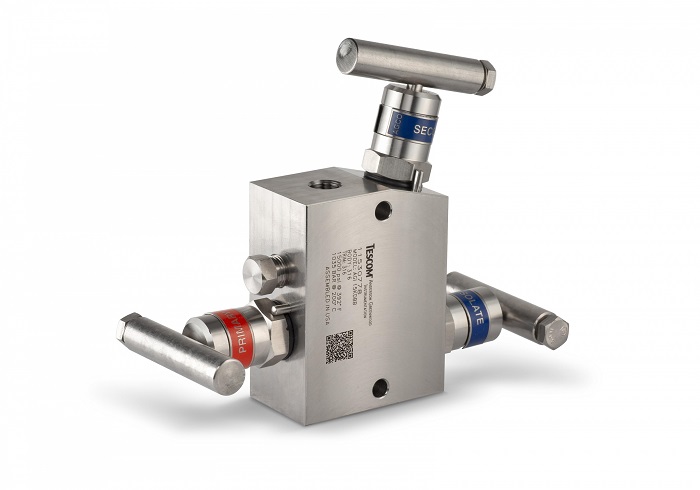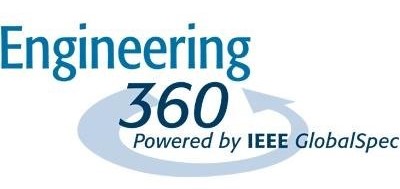Engineering360 News Desk | July 22, 2022
Emerson has launched the TESCOM Anderson Greenwood Instrumentation H2 valve series for hydrogen applications up to 15,000 psi (103.4 megapascal (MPa)). The new solution reliably isolates process pressure in high pressure gas applications such as hydrogen fueling stations and tube trailers, reducing fugitive emissions and improving safety.
As it moves from tank to pump, hydrogen is transferred at pressures of up to 15,000 psi (103.4 MPa). To protect personnel and prevent leaks, it must be effectively controlled and isolated. The Double Block Bleed valve’s positive double block arrangement provides two layers of positive shutoff that shield maintenance staff from high pressure during instrument maintenance. Its modular design reduces the number of potential leakage points, and the reinforced sealing technology reduces the risk of fuel entering the atmosphere through the valve stem.
Among the cleanest fuels when produced using renewable resources, compressed hydrogen gas is used to power fuel cell electric vehicles (FCEVs). In 2021, 142 new hydrogen refueling stations began operating, the biggest increase in a single year, raising the total to 685 active stations worldwide. And, in January 2022, Global Market Insights Inc. predicted that the FCEV market will exceed $15 billion by 2027. To meet this growth demand, fueling station original equipment manufacturers (OEMs) must source reliable, high-performance components to ensure overall equipment effectiveness and ensure station safety.
 Source: Emerson
Source: Emerson
“Given the pressures that hydrogen is subject to in these applications, it’s critical that equipment operates safely and reliably, every time. That’s why we’re committed to specifically developing components to help our customers effectively store and precisely control compressed hydrogen gas,” said Rob Lindquist, director of global marketing for TESCOM precision fluid control at Emerson.
The hand-operated, maintenance-free design of the hand valves and double block and bleed valves in the H2 valve series minimizes maintenance and downtime. With low operating torque and adjustment-free seal technology, these hand valves deliver a low cost of ownership in a compact solution.
For OEMs looking to safely minimize risks for operators, the H2 valve series provides several safety features. Each valve has a convenient QR code, allowing operators to quickly access the valve’s specs during maintenance and installation. The product also ensures that no high-pressure liquid or gas is released during maintenance. The valves are compliant to the ISO 19880-3 hydrogen fueling standard.
